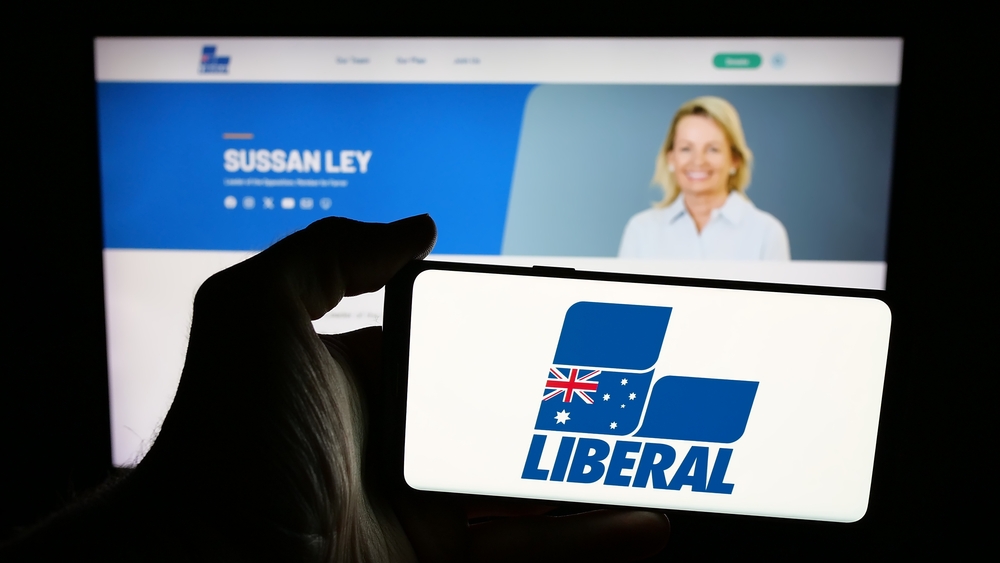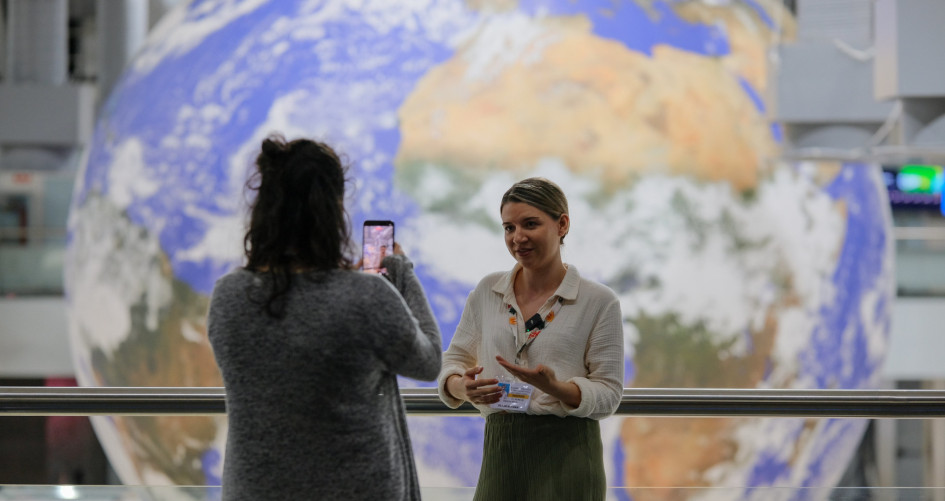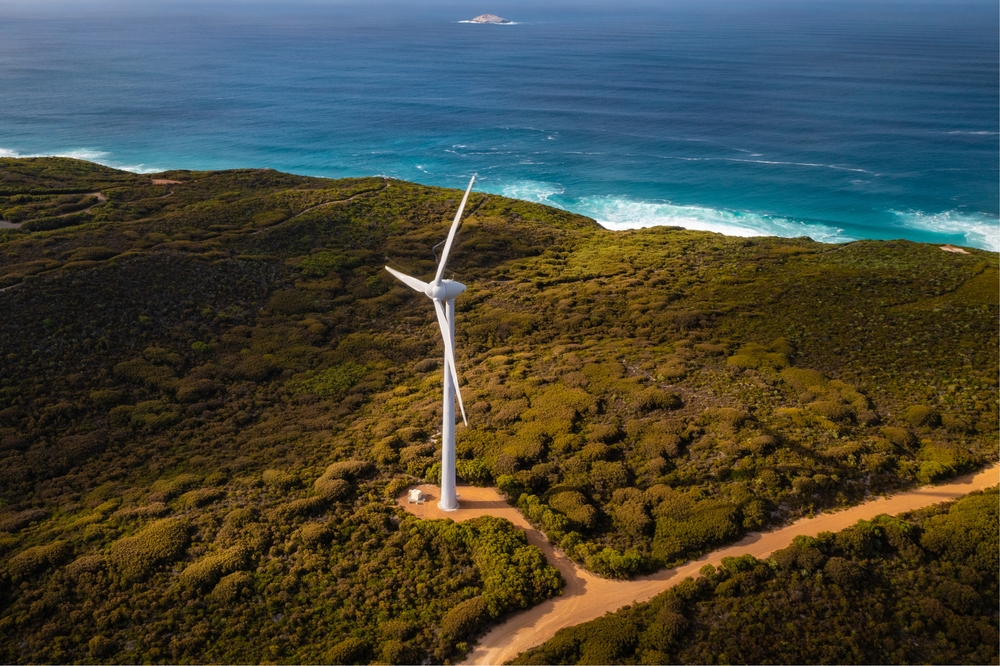Liberal Party abandons net zero

Yesterday, Australia’s Liberal Party abandoned its policy to achieve net zero — claiming emissions goals are driving up energy prices.
As part of the party’s new policy, it would repeal legislation enshrining the 2050 net zero target — with no policies in place to reach net zero at any point — and scrap the 82% renewables target by 2030 with the aim of driving down electricity prices by backing coal and gas.
Opposition Leader Sussan Ley says the Liberal Party will ensure no premature closure of coal plants.
“Our priority is energy affordability and getting costs down for households and businesses,” she said.
Prime Minister Anthony Albanese says that by scrapping renewables the Liberal Party are choosing to take Australia backwards.
“What we’re dealing with here is the result of 10 years of [Liberal Party] denial and delay,” he said.
“Because of that, we had 24 out of 28 coal fired power stations announce their closure or bring them forward. We had during that period as well a failure to invest in new energy.”
This lack of replacement renewable sources has put unprecedented pressure on Australia’s energy grid which is being further exacerbated by the void left by coal fired power stations that are reaching the end of their life.
“Companies which run coal fired power stations don’t make a decision to just close out of convenience, they close because they’ve reached the end of their life,” Prime Minister Albanese said.
“[The Liberal Party are] walking away from climate action because they fundamentally do not believe in the science in climate change. They’re also walking away from reliable and affordable energy — renewables backed by storage and backed by gas for firming capacity.
“Australians cannot afford to keep paying the price of [the Liberal’s] infighting when it comes to climate policy and energy policy.”
The best way to bring down household power prices is by adopting renewable energy, faster, according to the International Energy Agency (IEA).
Climate Analytics chief executive Bill Hare says continuing to back fossil fuels will make energy bills more expensive for everyday people.
“Renewables are now unstoppable — solar power and batteries are now so cheap that continuing to invest in fossil fuels is a needless climate and economic risk,” he said.
What is driving electricity prices?
The IEA reports that a pivotal issue for electricity pricing is the speed at which new grids, storage and other sources of power system flexibility are put in place.
Globally, investments in electricity generation have charged ahead by almost 70% since 2015 to about $1.5t [US$1t] per year, but annual grid spending has risen at less than half the pace, reports the IEA. This increases congestion, delays the connection of new sources of electricity generation and demand and pushes up electricity prices.
There are fractures and uncertainties riddling the global energy system, including slowing government momentum and subdued oil prices, but energy trade remains critical.
Energy is at the heart of current geopolitical tensions — traditional risks to fuel supply are now paired with vulnerabilities in other areas, most visibly in critical minerals supply chains.
Countries are prioritising energy security and affordability but are doing so in vastly different ways. Some are leaning towards renewables and efficiency as solutions whilst others are growing supplies of traditional fuels.
In this complex landscape, decisions made by policy makers are crucial to addressing issues and ensuring sustainable pricing.
Independent Member of Parliament for Warringa Zali Steggall says the decision is reckless and a massive step backwards.
“Today’s announcement shows the [the Liberal Party is] now even further removed from community expectations over climate action in Australia,” she said.
“This decision makes [them] unelectable. An overwhelming majority of Australian voters want real leadership on climate change — not denial and delay.”
Despite controversial policy debates, the majority of Australians seem to be in support of renewable energy targets and emissions reduction goals. A staggering 74% of WA residents voted in support of the WA Government setting a renewable energy target with a majority believing renewables will make electricity cheaper and bring down power bills, according to poll results from Solutions for Climate WA.
‘A wave of truth’ at COP30
The world’s largest annual climate conference, COP30, is currently underway in Belém, Brazil — with more than 50,000 delegates expected to attend.
In the opening days of the event, speakers are highlighting the urgency to avert catastrophic global heating that is being sabotaged by a surge of climate disinformation which is threatening to derail the fragile progress being made on climate action.

Brazil President Luiz Inácio Lula da Silva says COP30 must mark a new defeat for climate denialists.
“We live in an era in which obscurantists reject scientific evidence and attack institutions. It is time to deliver yet another defeat to denialism,” he said.
The Liberal Party’s policy move may be considered a poorly timed shot at Australia’s climate credibility as Australian representatives bid to host next year’s event.























